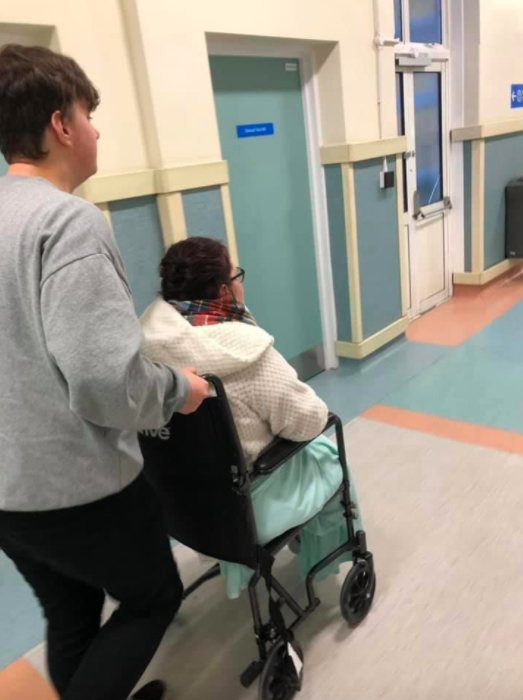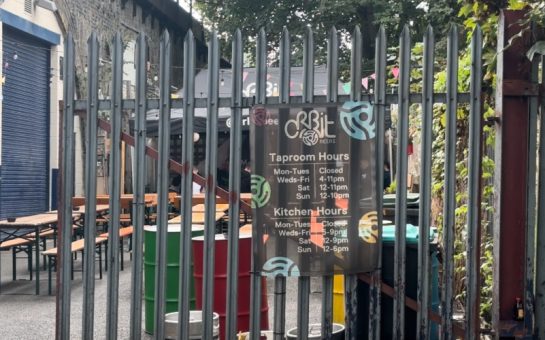By Emma Guinness
April 23 2020, 13.25
Follow @SW_Londoner
A housebound woman who was placed into the menopause at 20 has opened up about why we shouldn’t forget the chronically ill when lockdown ends.
Lauren Edwards, from south London, was diagnosed with stage four endometriosis in 2019 after experiencing symptoms for six years.
She was put into a medically-induced menopause to treat the condition and was later diagnosed with interstitial cystitis—a bladder condition that causes chronic pain.
Ms Edwards has struggled to access medication and painkillers because of the pandemic; her hospital appointments have been cancelled, and she is unable to access adequate care at home.
She said: “I had to speak to 111 after having compilations with my catheter. I waited nearly three hours to speak to someone while being in extreme pain.”

Ms Edwards said social distancing measures have also presented problems for those with hidden illnesses who are unable to stand for long periods.
She said: “I have to queue to get into the supermarket, and I’m not prioritised because I have a hidden illness.”
Unlike those focusing on the end of lockdown, Ms Edwards said she is not focusing on a potential solution to her problems.
She said: “I was due to start treatment for interstitial cystitis, but it’s now been pushed back. This means that it will worsen and so will my endometriosis.
“It typically takes eight years for an endometriosis diagnosis. The pandemic has only added to the strain of being diagnosed for thousands of women.”
Jodie Brandman, a London-based nutritional therapist specialising in endometriosis, said women fail to be diagnosed because their symptoms are not questioned enough, and the genetic link revealed by family symptoms should be questioned thoroughly too.
Brandman said a more holistic view of endometriosis would be beneficial during lockdown instead of solely relying on the medical model.
She said: “There is so much we can do just via diet and lifestyle tweaks to positively affect symptoms, and now during lockdown is a great time to start taking care of our bodies and looking for alternatives.”
While Ms Edwards has benefited from having family members to help with everyday tasks during lockdown, she has struggled with people longing for a return to normality.
She said: “Hearing others say that they can’t wait to live a normal life is really hard. This is my day-to-day life.”
Ms Edwards is now hoping that the struggles chronically ill people face will be better understood in the aftermath of the lockdown.
She said: “I was unable to get to the supermarket easily before, and I’m only able to work from home. I can’t even leave for exercise.
“I want people to remember that your abnormal is some people’s normal.”
Feature photo by Diego San on Unsplash.




